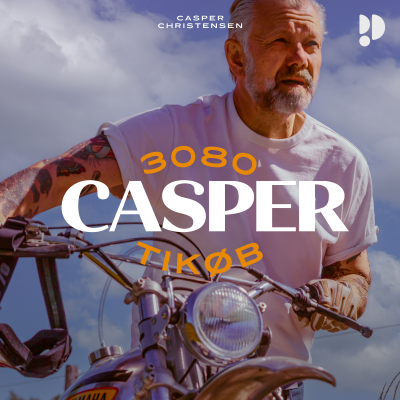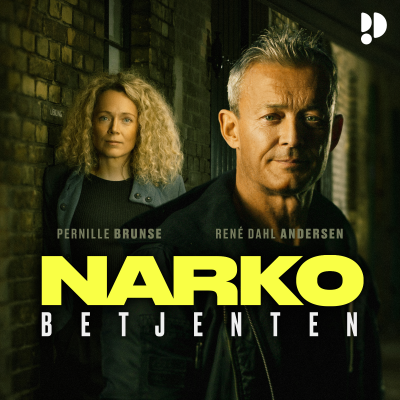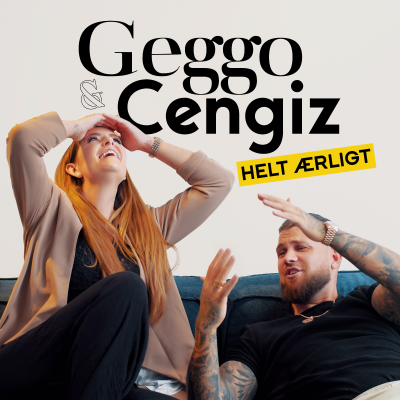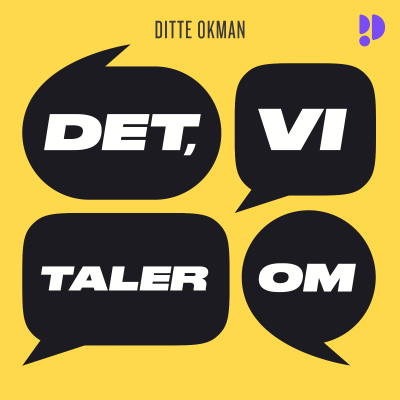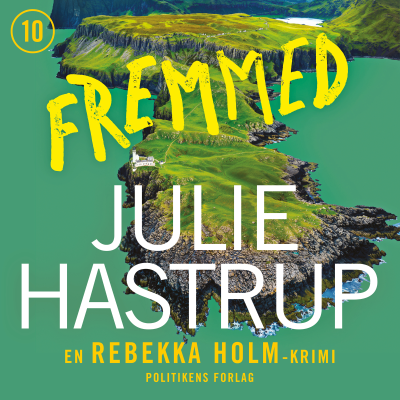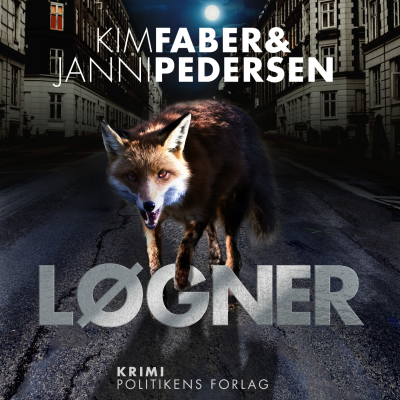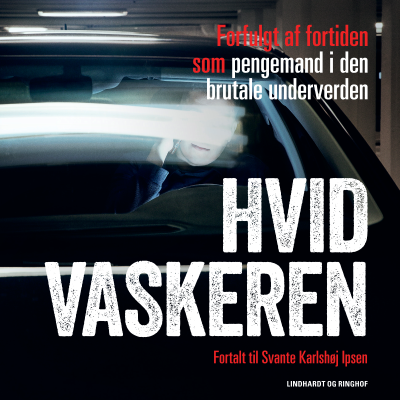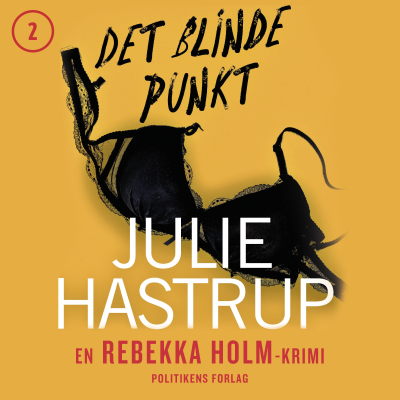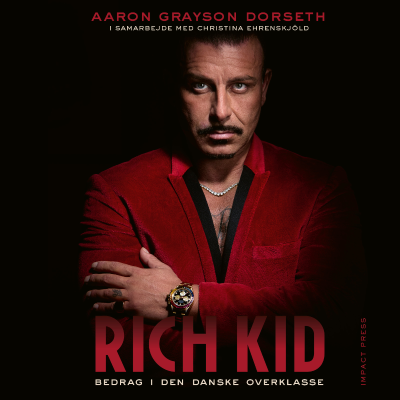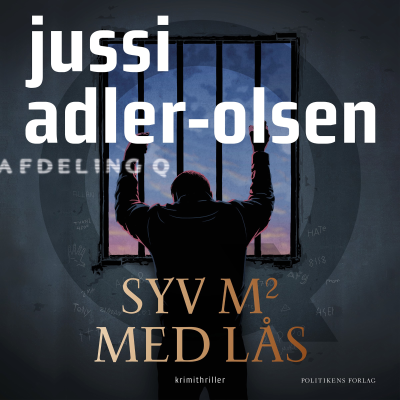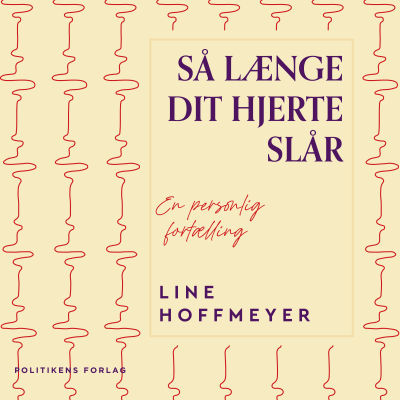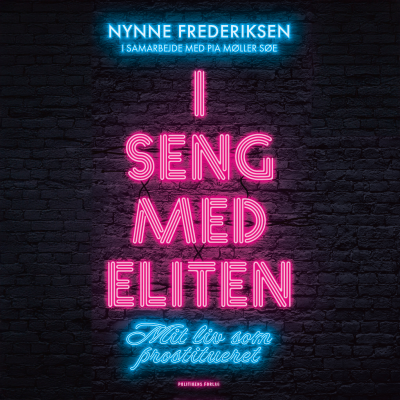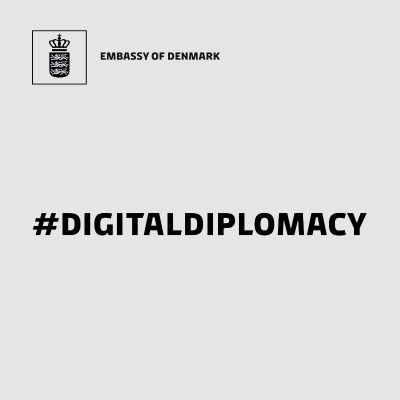
#DigitalDiplomacy
Podcast af Udenrigsministeriet
Denne podcast er gratis at lytte på alle podcastafspillere og Podimo-appen uden abonnement.
Alle episoder
9 episoderIn this episode of The #DigitalDiplomacy Podcast, we talk to Nancy Groves who at the time of recording was Head of the Social Media Section at the UN Department for Global Communications in New York. Groves tells us about how a multilateral organization like the United Nations works with social media, how she and her team choose the topics the publish, the limitations and challenges they face in their daily work of communicating the UN and its priorities all around the globe, and how they plan and execute their big week each year in September when the UN General Assembly is in session. Since this episode was recorded – it took a little while to edit it this time… – Nancy has changed both jobs and continents and is now the Digital Strategy Chief for the UN Environment Programme in Nairobi, Kenya. She is an avid tweep and you can follow her at @Nancy_Groves. You can also follow her here: medium.com/@nancy_groves . Thank you for listening to this episode! If you liked it, please share it with others who are interested in the world of diplomacy and international relations in the 21st Century. We’ll be back as soon as possible with more interviews with interesting perspectives on the way diplomacy is changing, evolving, and adapting to the disruptive changes our societies are undergoing these years. The #DigitalDiplomacy Podcast is produced by the Embassy of Denmark in Spain. It is edited and hosted by Communications Officer Mikkel Larsen. Music by Bebeto, “Ambient Loop” ((CC) / freesound.org/people/bebeto/sounds/554/ ).
In this episode of The #DigitalDiplomacy Podcast, we talk to Ilan Manor who is one of the most prolific digital diplomacy scholars at the moment, a DPhil candidate at the University of Oxford and a member of the Oxford Digital Diplomacy Research Group. We talk to Manor about his book "The Digitalization of Public Diplomacy" that just came out this January: https://www.palgrave.com/us/book/9783030044046 Manor tells us why he prefers the term digitalization of diplomacy to other terms like digital diplomacy or diplomacy 2.0, why we cannot analyse the digitalization of diplomacy without seeing diplomats and MFAs as parts of the digital society that surrounds them, about the meaning of concepts like engagement, listening and distance in the digital age and much more. The chapter referred to in the episode on The aesthetics of violent extremist and counter-violent extremist communication was co-written with Rhys Crilley and published in the recent book Countering Online Propaganda and Extremism: The Dark Side of Digital Diplomacy, eds. Corneliu Bjola and Jammes Pamment (2019). Among Manor’s other publications can be mentioned the monograph Are we there yet? Have MFAs realized the potential of digital diplomacy (2016), published as a part of Brill’s Research Perspectives in Diplomacy and Foreign Policy. And his analysis of America’s Selfie Diplomacy in Digital Diplomacy: Theory and Practice (2015). Apart from these publications, he has contributed to a long series of academic journals, among them the Cambridge Review of International Affairs, Global Affairs, Global Policy and International Affairs. And he is an avid tweep and blogger and can be followed here: @ilanmanor and https://digdipblog.com/ Thank you for listening to this episode! If you liked it, please share it with others who are interested in the world of diplomacy and international relations in the 21st Century. We’ll be back as soon as possible with more interviews with interesting perspectives on the way diplomacy is changing, evolving, and adapting to the disruptive changes our societies are undergoing these years. The #DigitalDiplomacy Podcast is produced by the Embassy of Denmark in Spain. It is edited and hosted by Communications Officer Mikkel Larsen. Music by Bebeto, “Ambient Loop” ((CC) / freesound.org/people/bebeto/sounds/554/ ).
In this episode of The #DigitalDiplomacy Podcast we talk to Matthias Erlandsen, journalist and PhD student of Communication Sciences at the Pontifical Catholic University of Chile and one of the editors of a recent book on digital public diplomacy in Latin America. In the interview, Matt talks about the findings in the book and gives us a lot of examples of different diplomatic uses of digital tools in the countries in the region. You can follow Matt on Twitter as @matterlandsen . You can download the book on digital public diplomacy in Latin America (in Spanish), that he co-edited with Daniel Aguirre and Miguel Ángel López, for free here: http://libros.uchile.cl/720 . Also, you can find an article on the topic of digital public diplomacy in Latin America (In Spanish and English) that Matt recently co-wrote with Daniel Aguirre Azócar for the Mexican Journal of Foreign Relations (RMPE, May-August 2018), here: https://revistadigital.sre.gob.mx/ - filled with many other interesting articles. Thank you for listening to this episode! If you liked it, please share it with others that you think could be interested. And please give us a review on iTunes or Soundcloud, so that we can start getting traction and reach many more people around the world who are interested in the world of diplomacy and international relations in the 21st Century. We’ll be back soon with more interviews with interesting perspectives on the way diplomacy is changing, evolving, and adapting to the disruptive changes our societies and international relations are undergoing these years. The #DigitalDiplomacy Podcast is produced by the Embassy of Denmark in Spain. It is edited and hosted by Communications Officer Mikkel Larsen. Music by Bebeto, “Ambient Loop” ((CC) / https://freesound.org/people/bebeto/sounds/554/ ).
In this episode of The #DigitalDiplomacy Podcast wetalk to Matthias Lüfkens, who is Head of Digital at the PR agency Burson Cohn Wolfe in Geneva, Switzerland, and author of the annual #Twiplomacy study. In the interview, Matthias Lüfkens talks about the results of the Twiplomacy study 2018 and the changes he has witnessed in the diplomatic uses of social media since he started the study series in 2012. Lüfkens tells us how world leaders and foreign ministries use the different social media platforms, what they communicate, and who they direct their messages to. He talks about the need for diplomatic actors to be on social media, disinformation, filter bubbles, risks and mistakes, why the Danish Prime minister Lars Løkke Rasmussen and Foreign Minister Anders Samuelsen are among his favorite digital diplomats and much more. You can follow Matthias Lüfkens on Twitter as @luefkens. You can find more information about the different Twiplomacy studies at @Twiplomacy and read them here: https://twiplomacy.com . Thank you for listening to this episode! If you liked it, please share it with others that you think could be interested. And please give us a review on iTunes or Soundcloud, so that we can start getting traction and reach many more people around the world who are interested in the world of diplomacy and international relations in the 21st Century. We’ll be back soon with more interviews with interesting perspectives on the way diplomacy is changing, evolving, and adapting to the disruptive changes our societies are undergoing these years. The #DigitalDiplomacy Podcast is produced by the Embassy of Denmark in Spain. It is edited and hosted by Communications Officer Mikkel Larsen. Music by Bebeto, “Ambient Loop” ((CC) / https://freesound.org/people/bebeto/sounds/554/ ).
In this episode of The #DigitalDiplomacy Podcast, we dive into the practice of digital communications at the British foreign service with Ben Giddings, Head of Global Digital Network at the Foreign and Commonwealth Office. As he introduces himself, Ben is Head of the Overseas Digital Network at the FCO, where he has worked in digital communications for the last 10 years. Prior to that, he worked in the private sector running websites, managing products, and tracking digital ad spend on things called ‘banner ads’. He's been around the internet long enough to remember a time when AOL was on the verge of world domination, social media was called forums, and no-one had ever heard of Facebook. He can be followed on Twitter at @bjgiddings . In the interview, Ben tells us about his daily work, implementing the digital strategy of the FCO and finding the balance between the strategic global messages and different local contexts. We also talk about the challenges of data overload and disinformation , as well as, the need for a new of mind-set in foreign ministries to focus more on measurement and evaluation to become better at finding out what works and what not on digital platforms in a more cost-effective way. The interview was recorded “on neutral ground” in a hotel bar in Madrid, which explains the background noise and the music that suddenly started... Also, the interview was recorded before the eruption of the Salisbury-case, which is why it is not mentioned in the episode. Thank you for listening to this episode! If you like it, please share it with others that you think could be interested. And please give us a (nice) review on iTunes or Soundcloud, so that we can continue reaching more people around the world who are interested in the world of diplomacy and international relations in the 21st Century. We’ll be back soon with more interviews with interesting perspectives on the way diplomacy is changing, evolving, and adapting to the disruptive changes our societies and the relationship between them are undergoing these years. The #DigitalDiplomacy Podcast is produced by the Embassy of Denmark in Spain. It is edited and hosted by Communications and Policy Officer Mikkel Larsen. Music by Bebeto, “Ambient Loop” ((CC) / https://freesound.org/people/bebeto/sounds/554/ ).
Tilgængelig overalt
Lyt til Podimo på din telefon, tablet, computer eller i bilen!
Et univers af underholdning på lyd
Tusindvis af lydbøger og eksklusive podcasts
Ingen reklamer
Spild ikke tiden på at lytte til reklamepauser, når du lytter til Podimos indhold.

